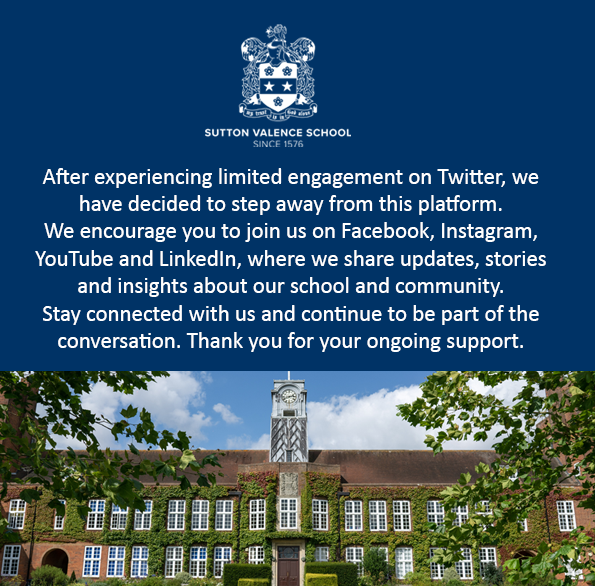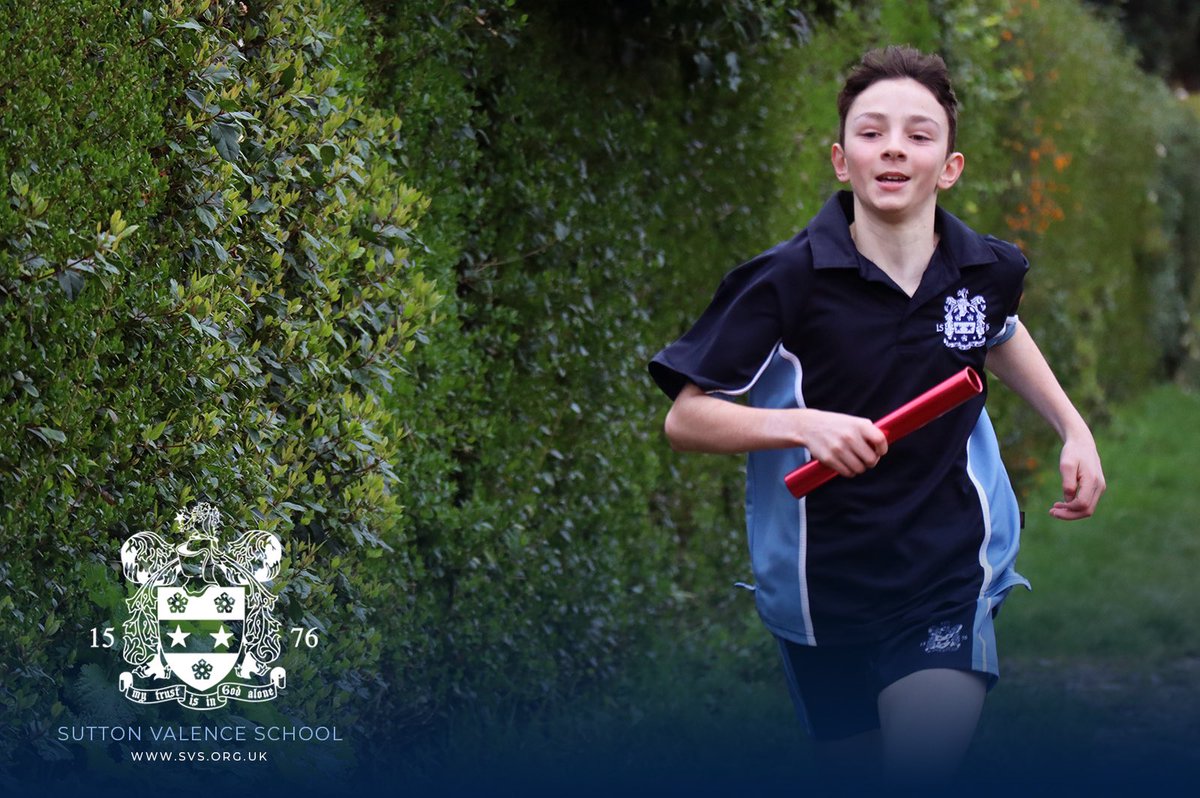This week, my Wednesday Prep Department Assembly was based on the tale of The Ant and the Grasshopper; one of Aesop’s fables. Shortly after, a well-meaning child stopped me in the corridor and asked why I think fables are important and it reminded me how pertinent it is to always explain to children why they are learning about something and what its relevance has to their lives.
When someone says the word fable, most of us immediately think of Aesop and possibly flashback to a popular fable like The Tortoise and the Hare. Fables are a type of folktale passed down through generations of retelling in the oral tradition. Classic fables are not only highly entertaining, but they also play an important role in highlighting and demonstrating character traits. For centuries, fables served the crucial role of communicating a shared history, reinforcing a culture’s values and calling attention to important traditions. When children learn about other cultural traditions, it broadens their view of the world. They highlight the diversity of our world and children can discover valuable insights about another group’s values, beliefs, history, practices and customs.
Fables can also help us clearly see human foibles and shortcomings that might not be easy to recognise if the characters are human. As a result, children gain a better understanding of their immediate surroundings, as well as the people, behaviour and situations they may encounter. When children see the consequences of poor decisions in a fable, they can develop a better understanding of how to handle challenging circumstances and possibly apply those lessons in their lives.
The tale of The Ant and the Grasshopper encourages our children to recognise the virtues of hard work and of planning ahead. In P4L (Preparation for Learning, Leadership and Life) the children are focusing on thinking and metacognition. By asking the children to think about how they learn best and which learning styles suit them, we are encouraging them to tap into their own bespoke skill set; helping them discover how to learn more effectively. Preparation and planning ahead for learning might include skills such as list writing, note-taking and mind-mapping; all of which are included in this half term’s P4L syllabus.
Aesop’s tale of The Ant and the Grasshopper is still very relevant to us all today; encouraging us to reflect on one’s behaviour, learn from others’ actions, work hard and prepare for the future. Whether your child is an ant or a grasshopper, at SVPS we will gently nurture and encourage them to adopt positive learning behaviours, fully preparing them for their future lives ahead.
Mrs Harrison, Academic Deputy Head





